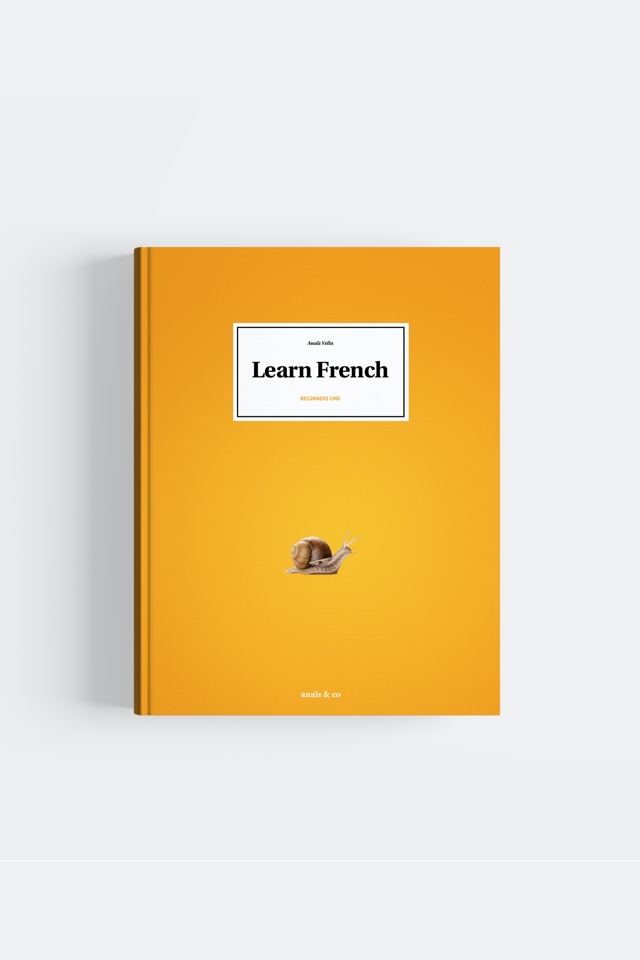

Un (masculine)
Une (feminine)
Des (plural)
The indefinite articles are usually omitted after the conjugated form of the verb “être” (to be) when the verb is followed by a noun indicating a profession, a nationality or a religion.
For example:
Il est protestant → He is a Protestant.
Nous sommes français → We are French people.
Elle est infirmière → She is a nurse.
The indefinite articles are used when the noun following the conjugated form of the verb “to be” is modified by an adjective even when referring to a profession, a nationality, or a religion.
For example:
Il est auteur → He is an author.
Il est un auteur célèbre → He is a famous author.
The indefinite and partitive articles stay in negative sentences after “pas,” “plus” and “jamais” when the verb used is “être” (to be). For example: Il n’est pas un auteur célèbre → He is not a famous author.
Unlike in English, in French, it is fine to refer to a person using “c’est” (it is). When “c’est” is used, rather than “il est” or “elle est,” the indefinite articles are used even when referring to a profession, a nationality, or a religion. If the noun in the sentence is plural use “ce sont.” In the spoken language, in informal situations, very often “c’est” is used instead of “ce sont” but we keep the plural article to help people understand the noun is plural.
For example:
Il est français → He is a French man.
C’est un français → It’s a French man.
Ce sont des boulangers → They are bakers.
C’est des boulangers → They are bakers.
The indefinite and partitive articles stay in negative sentences after “pas,” “plus” and “jamais” when the verb used is “être” (to be).
For example:
Il n’est pas un auteur célèbre →
He is not a famous author.
There are more cases of omission of the indefinite article.

More in the books
Werther you are learning by yourself, with Anais and Co or if you are a FLE teacher find this lesson and many more in a beautiful book.
Be notified when we upload a new video.